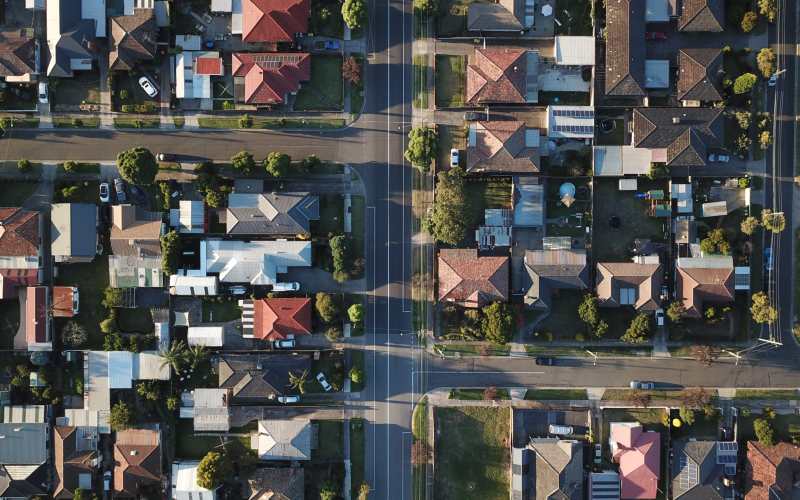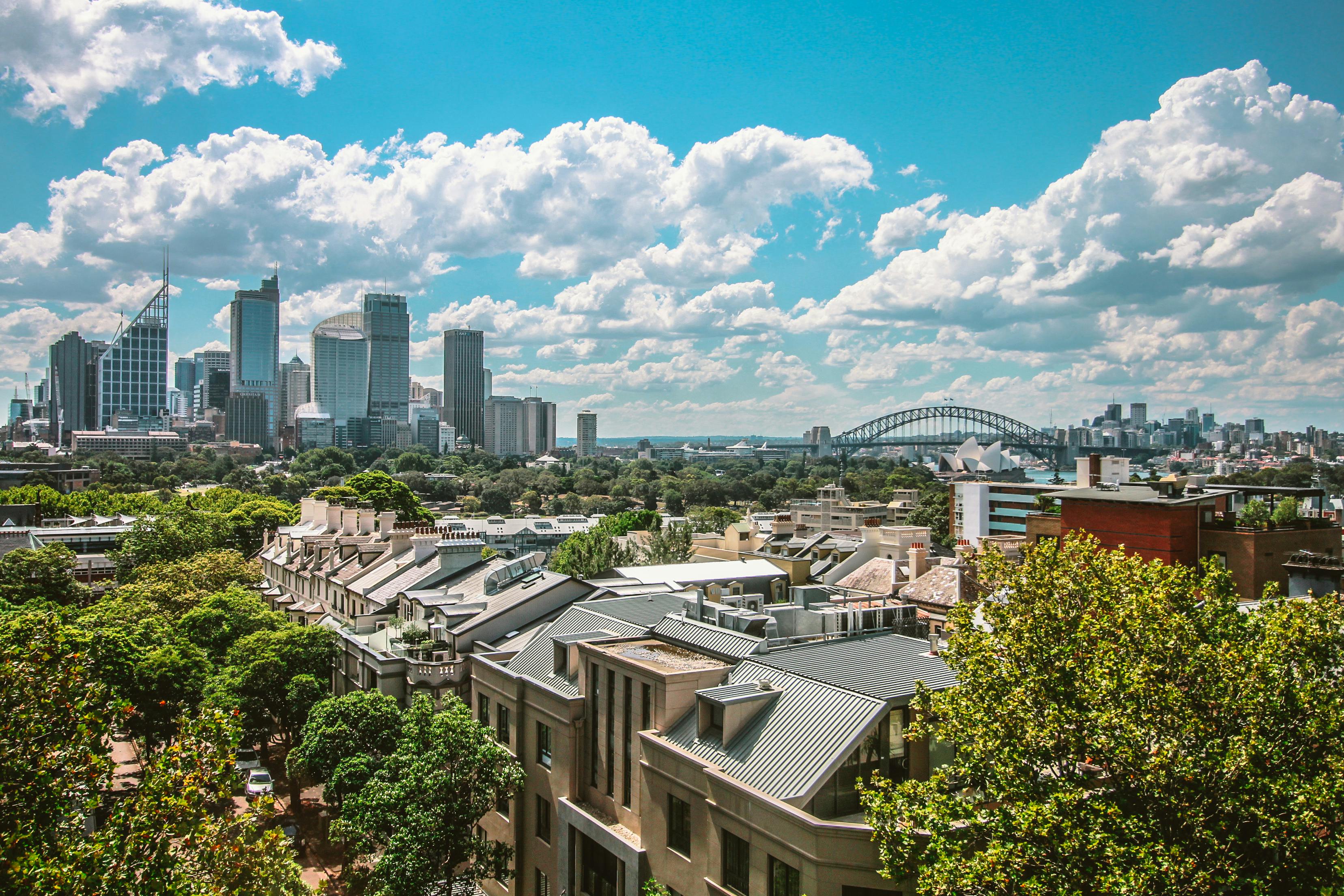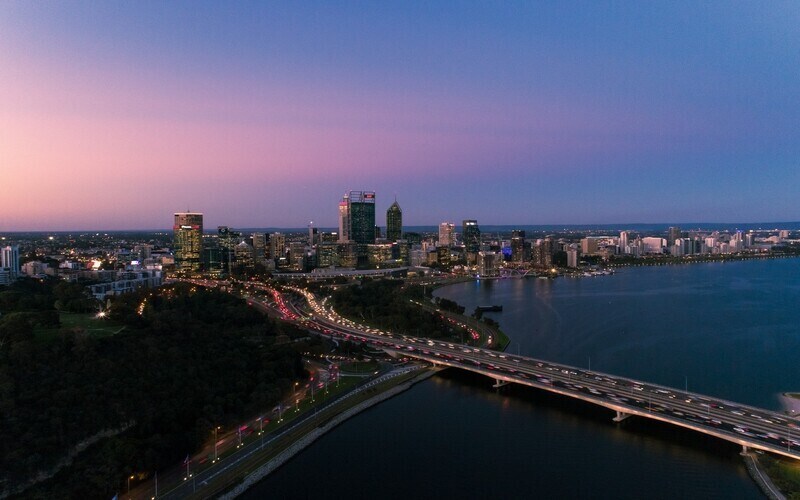Getting the funds together for a first home is a hard gig. Thankfully, there are a number of helping hands in the form of government assistance that can help you become a homeowner sooner rather than later.
Victoria provides a number of support schemes for first home buyers looking to enter the property market including a first home owner grant, the Victorian Homebuyer Fund, and stamp duty exemptions and concessions. In this article, we will focus on the components of the first home owner grant in Victoria to identify how it works, eligibility criteria, and the types of homes that can be purchased with it.
How the First Home Owner Grant works in Victoria
Each state has different rules and regulations regarding first home owner grant (FHOG) programs, with Victoria offering a grant to first home owners intending to purchase or build a new home.
The Victorian FHOG is valued at $10,000 and applies to properties valued up to $750,000. To be eligible, the home must not have been previously sold or occupied.
The FHOG can be used towards your deposit but given it's only $10,000, it likely won't be enough to cover the full deposit and you'll have to come up with the rest out of your savings.
Don't forget that to avoid paying Lenders Mortgage Insurance (LMI), you'll typically have to come up with a 20% deposit and lenders still want to see that you've genuinely saved most of the deposit through your own efforts.
Stamp duty
Alongside the FHOG, first home buyers in Victoria are eligible to receive a stamp duty exemption as long as the property is valued below $600,000. Properties valued between $600,001 to $750,000 are also eligible to receive a stamp duty concession.
This duty exemption or concession is separate from the FHOG. The grant is a payment made to you, whereas the first home buyer duty exemption and concession is a reduction in the amount of land transfer duty you pay.
Examples of first home buyer duty concession |
||
|
Dutiable value ($) |
Normal duty ($) |
Duty after concession ($) |
|---|---|---|
|
605,000 |
31,370 |
1,045 |
|
625,000 |
32,570 |
5,428 |
|
650,000 |
34,070 |
11,356 |
|
675,000 |
35,570 |
17,785 |
|
700,000 |
37,070 |
24,713 |
|
725,000 |
38,570 |
32,141 |
|
745,000 |
39,770 |
38,444 |
Source: State Revenue Office of Victoria
The good news is the stamp duty savings are available to all first home owners in Victoria whether you buy an established or existing home or a newly built one.
See also: State and territory stamp duty exemptions breakdown
What homes can be purchased using the grant?
To take advantage of the FHOG in Victoria, your first home can be either a house, townhouse, apartment, or unit. The home must be new or less than five years old and not been previously sold or occupied.
The FHOG in Victoria is not available for those looking to buy an investment property or holiday home.
First Home Owner Grant eligibility
There are a number of eligibility conditions buyers have to meet outside the $750,000 price limit to be eligible for the FHOG in Victoria.
These include:
-
You or your spouse/partner must not have previously received a FHOG in Australia.
-
You must not have owned a home or other residential property in Australia, either jointly or separately, before 1 July 2000. However, you may still be eligible for the FHOG if you or your spouse/partner owned property on or after 1 July 2000 but did not live there as your home.
-
You must occupy the home for at least 12 months within 12 months of settling on the property (this is when the keys are handed to you) or from when the home is fully built.
-
You must be aged 18 or over and be an Australian citizen or permanent resident either by the time you settle or when the home is ready to be occupied.
If you are unsure whether you qualify for the Victoria FHOG, you can use this online tool to assess your eligibility.
Applying for the First Home Owner Grant
If you are lodging with an approved agent, each applicant and their spouse/partner must provide a copy of a primary identity document and evidence of citizenship or permanent residency. Primary identity documents if you are an Australian citizen include:
-
Australian birth certificate
-
Australian passport
-
Australian citizenship certificate
If you are a citizen of New Zealand or another country:
-
Current passport
-
Evidence of permanent residency or permanent residence visa, including the date on which it was granted.
-
Movement record
If you are lodging directly with State Revenue Office of Victoria, each applicant and their spouse/partner must provide a copy of a primary identity document as mentioned above, as well as one current document from each of the following categories:
Category 2
Evidence (photo and signature) of link between identity and person.
A copy of current:
-
Australian driver's licence
-
Passport (if not used for Category 1)
-
Working with Children Check card
-
Firearms licence
-
Proof of Age card issued by Liquor Control Victoria (photo ID card).
Category 3
Evidence that each applicant and their spouse/partner reside in Australia.
A copy of one current:
-
Medicare card
-
Motor vehicle registration notice
-
Centrelink or Department of Veterans' Affairs card
Applications can also be lodged online, including supplying copies of supporting documents. They should be made within 12 months of settlement or completion of construction of your home.
For more information about grant eligibility, visit the State Revenue Office of Victoria website.
Competitive home loan rates
If you're a first home buyer looking for a home loan, the table below has some of the lowest interest rates on the market for owner occupiers.
| Lender | Home Loan | Interest Rate | Comparison Rate* | Monthly Repayment | Repayment type | Rate Type | Offset | Redraw | Ongoing Fees | Upfront Fees | Max LVR | Lump Sum Repayment | Extra Repayments | Split Loan Option | Tags | Features | Link | Compare | Promoted Product | Disclosure |
|---|---|---|---|---|---|---|---|---|---|---|---|---|---|---|---|---|---|---|---|---|
5.54% p.a. | 5.58% p.a. | $2,852 | Principal & Interest | Variable | $0 | $530 | 90% |
| Promoted | Disclosure | ||||||||||
5.49% p.a. | 5.40% p.a. | $2,836 | Principal & Interest | Variable | $0 | $0 | 80% |
| Promoted | Disclosure | ||||||||||
5.64% p.a. | 5.89% p.a. | $2,883 | Principal & Interest | Variable | $250 | $250 | 60% |
| Promoted | Disclosure | ||||||||||
5.64% p.a. | 5.89% p.a. | $2,883 | Principal & Interest | Variable | $248 | $350 | 60% |
| Disclosure |
Alternative schemes to Victoria First Home Owner Grant
First home buyers in Victoria can combine other state and federal schemes with the FHOG and stamp duty concessions, potentially providing tens of thousands in savings. Here are some other programs:
Victoria Homebuyer Fund
The Victorian Homebuyer Fund is a shared equity scheme, designed to make it easier for Victorians to enter home ownership.
If you have a 5% deposit, the Victorian government could contribute up to 25% of the purchase price in exchange for an equivalent share in the property. This will save you money by reducing your mortgage and removing the need for Lenders Mortgage Insurance (LMI).
Aboriginal and Torres Strait Islander participants can access the scheme with a 3.5% deposit and are eligible for a 35% shared equity contribution.
Participants are required to buy back the government's share in their property over time through refinancing, using savings, or upon sale of the property. The Victorian government doesn't charge interest on its investment in participants' homes but shares in any capital gains or losses proportionate to its stake in the property.
For more information on the Victoria Homebuyer Fund including eligibility requirements, head to the State Revenue Office website.
First Home Guarantee
The First Home Guarantee (FHBG) is an Australian Government incentive for first home buyers looking to purchase their first home. The scheme is similar to the Victoria Homebuyer Fund and offers first home buyers the ability to purchase a home with a deposit as low as 5%, without the need to pay Lenders' Mortgage Insurance (LMI). This means you can borrow up to 95% of the property value, with the federal government providing the lender with a guarantee of up to 15% of the property value (not the loan amount).
The FHBG is administered by Housing Australia on behalf of the Australian government, offering 35,000 places for Aussies across the country each financial year until 30 June, 2025. The guarantee is not a cash payment or a deposit for a home loan.
Regional First Home Guarantee
The Regional First Home Buyer Guarantee Scheme is a replica of the First Home Guarantee, except it is designed to support first home buyers in regional Australia.
With the Regional First Home Guarantee, 10,000 guarantees each year will help first home buyers purchase a regional home with as little as 5% loan deposit without having to pay LMI. This means you can borrow up to 95% of the property value, with the federal government providing the lender with a guarantee of up to 15% of the property value. Again, the guarantee is not a cash payment or a home loan deposit.
The Family Home Guarantee
The Family Home Guarantee allows 5,000 single parents each year to qualify for a home loan with as little as a 2% deposit without having to pay LMI. The government will provide the lender with a guarantee of up to 18% of the property's value.
The scheme, which was introduced in the 2021/22 Federal Budget, is available to previous owner-occupiers as well as first home buyers. It has a maximum annual income cap of $125,000, must be for principal & interest (P&I) repayments, and for loans no longer than 30 years.
Read more about First Home Owner/Buyer Grants in other states:
Article first published by Emma Duffy on 9 July 2021. Last updated 24 May 2024.
First published on July 2021
Photo by Tom Rumble on Unsplash

Ready, Set, Buy!
Learn everything you need to know about buying property – from choosing the right property and home loan, to the purchasing process, tips to save money and more!
With bonus Q&A sheet and Crossword!







 Harry O'Sullivan
Harry O'Sullivan
 Bea Garcia
Bea Garcia
 Denise Raward
Denise Raward



